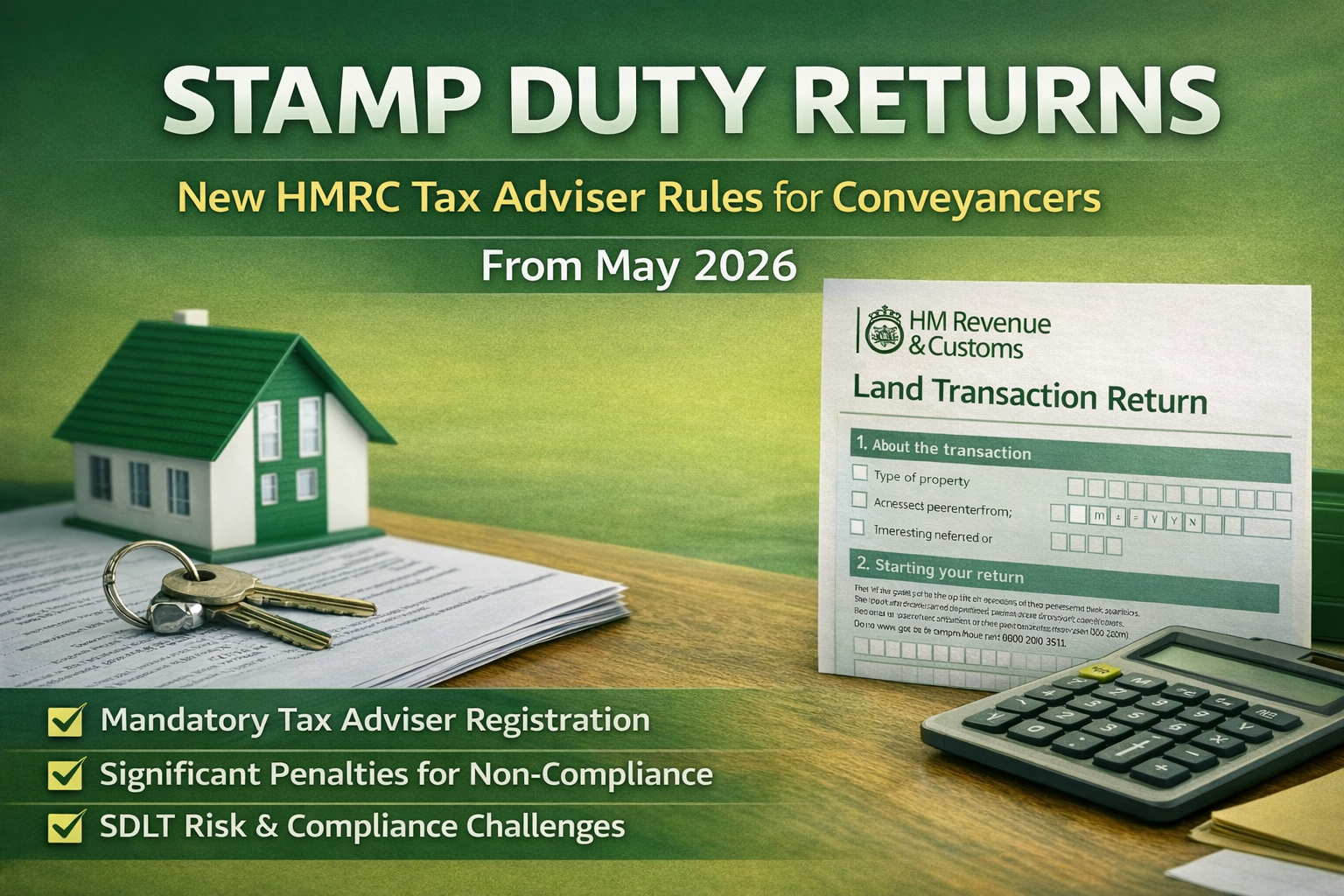HM Revenue & Customs (HMRC) has issued a clear warning to homebuyers and taxpayers regarding Stamp Duty Land Tax (SDLT) refund claims based on properties being “uninhabitable at the time of purchase.” The move follows a surge in claims—many of which were made on the advice of third-party firms marketing to buyers seeking to reduce or recover SDLT costs and the recent Court of Appeal decision in Mudan v HMRC which cemented HMRC’s approach.
🔗 Read the official HMRC press release here
🚨 What’s the Issue?
Over the past few years, a number of firms have actively approached buyers to claim SDLT refunds on the grounds that the properties they purchased were uninhabitable at the time of sale. If a property is deemed uninhabitable, it would be taxed at the non-residential rate of SDLT often reducing the amount payable.
However, following the Court of Appeal decision in Mudan, HMRC is now taking a tougher stance on such claims—particularly where the definition of “uninhabitable” has been loosely applied or misrepresented.
🧾 What Is HMRC Looking At?
HMRC’s concern lies with bogus or exaggerated claims, where properties did not truly meet the legal threshold of being uninhabitable. Examples HMRC has previously rejected include:
- Cosmetic issues (e.g. outdated décor or broken fixtures)
- Minor repairs needed (e.g. damp, cracked windows, or old wiring)
- Properties still structurally sound and safe to live in
These claims may be flagged during an SDLT compliance check, where HMRC requests documentation and evidence to justify the refund.
⚠️ The Risk to Taxpayers
Many individuals who made these claims:
- Did so in good faith, relying on advice from so-called “SDLT refund specialists”
- Were unaware that they bear legal responsibility for the accuracy of the claim—not the firm who submitted it
- May now be exposed to HMRC investigations, penalties, or demands for repayment
In many cases, the firms involved in making the claims have since ceased trading or are unwilling to assist once HMRC opens a review.
👩⚖️ What If You’re Facing a Compliance Check or Tribunal?
If you’ve received a letter from HMRC, or are involved in a Tax Tribunal appeal, it’s crucial to act quickly. These processes can be complex, and engaging a specialist early can significantly improve your chances of a favourable outcome.
Key steps:
- Don’t ignore HMRC correspondence
- Gather your purchase records, surveys, and legal documents
- Seek independent, expert representation
✅ How We Can Help
We have extensive experience assisting clients with:
- SDLT refund reviews
- Responding to HMRC compliance checks
- Tribunal appeals related to SDLT
If you’re unsure about your position or need professional support, we’re here to help.
📩 Get in touch for a no obligation consultation.




